
Have you ever reached out to a brand via social media for a customer service request? Odds are,...

Have you ever reached out to a brand via social media for a customer service request? Odds are,...

Are you familiar with direct response copywriting? Would you like to learn more about it? Well, you’re in...

It’s was our monthly Community Chat during this week’s #ContentWritingChat! That means we gave our audience the chance...
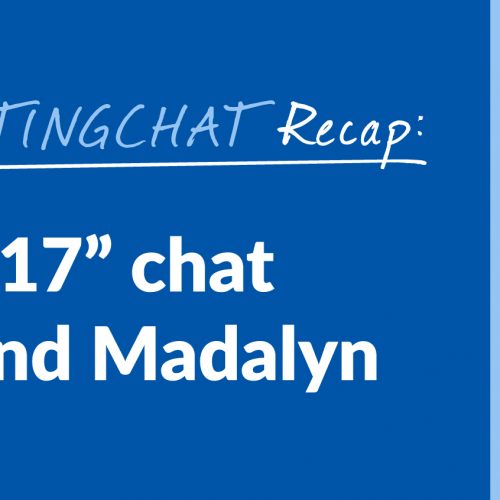
This week was the last #ContentWritingChat of 2017. *cue the tears* We’ve had a tremendous year growing this...
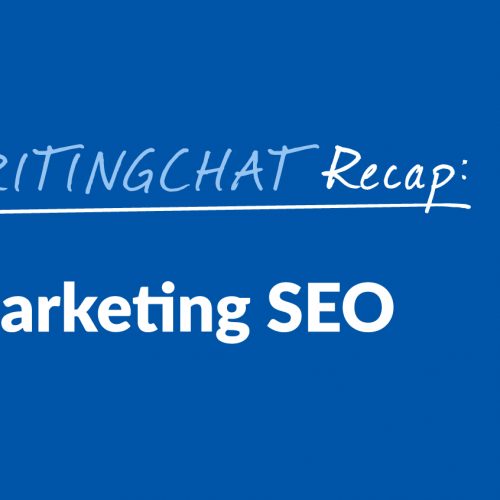
This week, we had our monthly community chat for #ContentWritingChat! There was a lot of great information shared...
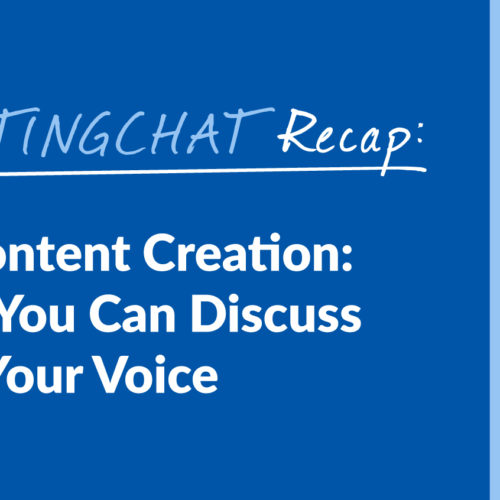
In this week’s #ContentWritingChat, we covered a topic we’ve never truly discussed before: sensitivity in content creation. Although...
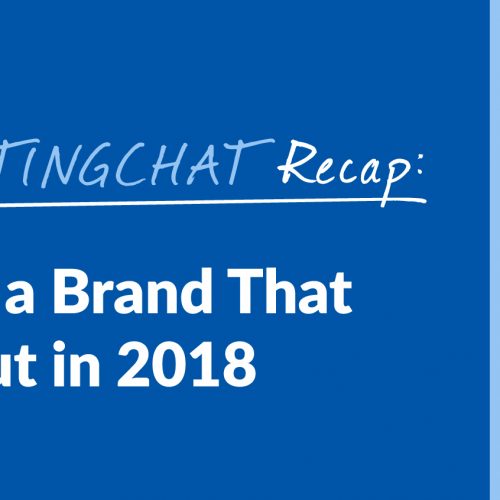
There’s no denying that it takes time to truly build a brand that will stand out from the...
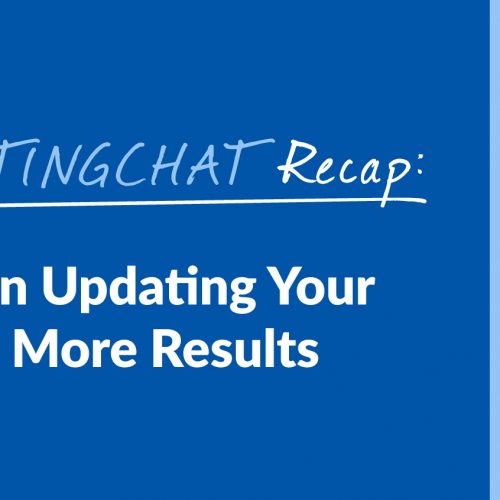
Quick question for you! Do you take the time to update the blog posts that are buried in...
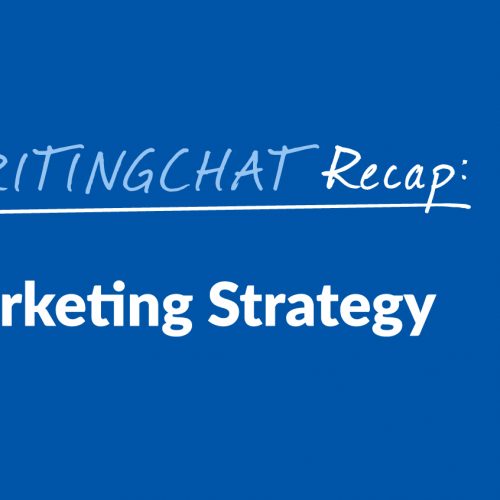
Did you catch our latest #ContentWritingChat? We had our monthly community chat, which is when we skip having...
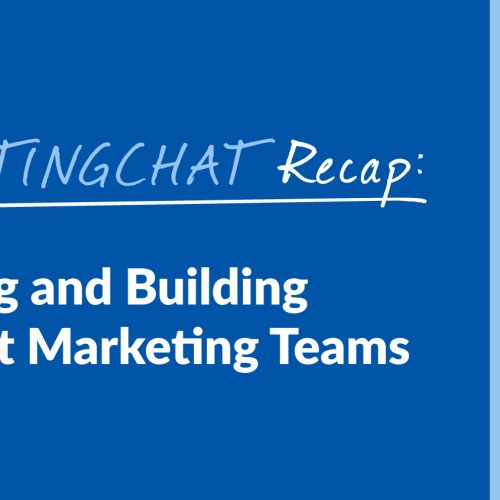
When it comes to building content marketing teams, there’s a lot involved in selecting the right people and...
No HR needed to get access to the best writers, editors, QAs, and strategists. We are your all-in-one content writing service delivering publish-ready content.
Copyright – 2025 Express Writers -All rights reserved